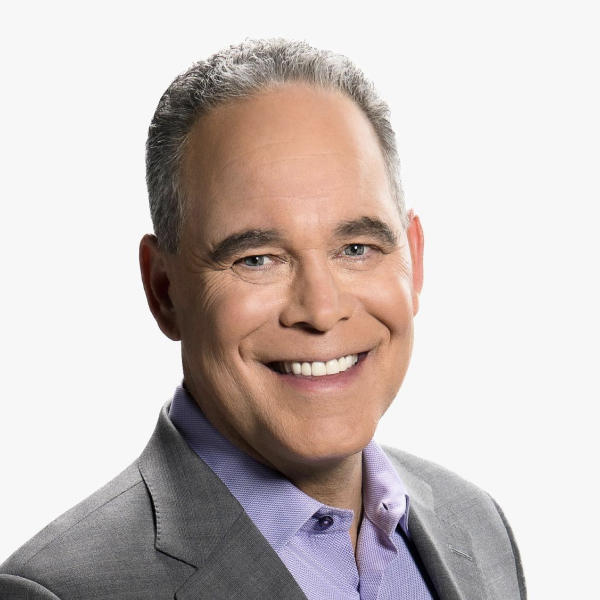Cancer coverage recommended for ground zero workers
(CBS News) NEW YORK - People who believe they got cancer working at ground zero after 9/11 have long been battling for help from the government. As of Friday, it appears they are about to get it. There is a government proposal to expand the program for 9/11-related illnesses.
The rescue and recovery workers who toiled at ground zero in the months following 9/11, and then got cancer, have waited years for the government to take care of them.
They include firefighters like Jeff Stroelhein, now retired on disability. Asked if his cancer developed from working there, he says: "Oh yeah. There's no question about that. I can't see how they were saying the air's safe."
Stroelhein worked at ground zero for several weeks after the attacks. A decade later, he was diagnosed with lymphoma.
"It's awesome," he said. "It's long overdue. There's no question about it."
The recommendation that 50 types of cancers be covered is the latest step in a decade-long struggle for ground zero workers to get the government to agree their illnesses were caused by toxins there.
Feds want free cancer care for 9/11 responders
Controversial study shows higher cancer risk in 9/11 firefighters
Study shows rise of cancer in 9/11 firefighters
It took an act of Congress just to get respiratory diseases covered, as well as laryngitis, back pain and even carpal tunnel syndrome -- but not cancer.
"Until it happened to me and my husband," said Jeff's wife Margaret, "I didn't realize it wasn't covered, and most people don't realize that cancers weren't covered. It seems like it should be."
The recommendation is partly based on a soon-to-be-released study of 20,000 ground zero workers conducted by Dr. Phil Dr. Phil Landrigan, director of the World Trade Center Health Program at the Mount Sinai Medical Center.
"Our report will show that overall the WTC responders have about a 15 percent increase in the number of cancers as would be expected for a population of this age and demographic makeup in the United States," he said.
Researchers found excess numbers of blood cancers like multiple myeloma. The Stroelheins are fortunate -- they have good insurance and Jeff is responding to treatment. But they don't want luck to be the difference in the quality of care any sick ground zero worker receives.
"Anyone who was down there who have come up with any of these illnesses should have seamless healthcare, and not worry about co-pays, who takes their insurance, or what kind of care they are going to receive," said Margaret.
Dr. Landrigan expects the numbers to rise. Typically, occupational cancers peak about 20 years after exposure. It's still less than 11 years since 9/11.
